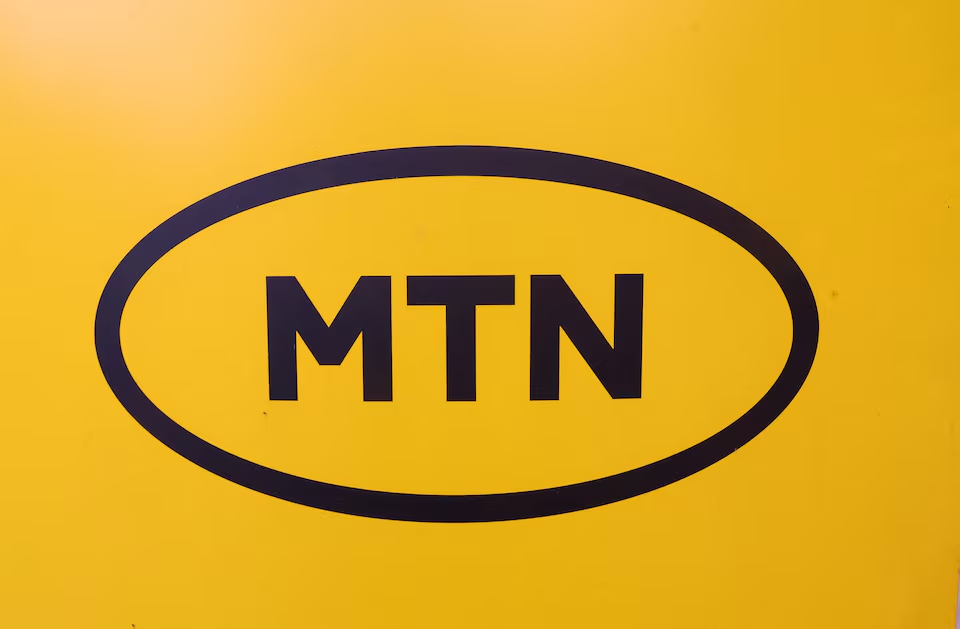As part of efforts to broaden economic inclusion, the move, the company said, is expected to enhance their economic participation, with services such as bank Tech, insurtech, merchant payments and real-time access to affordable units of utilities, among other things.
MTN Group Vice President, Markets, Ebenezer Asante, disclosed this in his keynote address at the just-ended Mobile World Congress in Kigali, Rwanda (MWC Kigali 2023).
“Should we realize our target, our modest contribution to this effort is to extend mobile financial services to 100 million Africans by 2025?
We are about 61 per cent through to its attainment and we remain unwavering towards its delivery,” he said when he addressed hundreds of industry experts and heads of government, including President Paul Kagami of Rwanda.
Commercial agreement
Mr Asante, a one-time Chief Executive Officer of MTN Ghana, said to achieve that feat, the Group had executed commercial agreements with Mastercard to support the acceleration and growth of “our fintech business’s payments and remittance services.
And to agree to that, Mastercard will take a minority stake in MTN Group Fintech. The journey to leapfrog physical cards into the future has, perhaps, commenced. A critical space to be watched.”
Mr Asante described the collaboration as another essential cog in the engine of the Group’s work to achieve the ‘digitalization of everything’ the company aspires to in its markets.
Collaboration
To help achieve the goals as set timeously, Mr Asante stressed the need for an enabling environment, the right partnerships and collaboration.
He said there is a need for digital economy policy considerations that are required to promote overall economic recovery and facilitate inclusive growth.
“First, governments’ spectrum roadmaps should ensure sufficient spectrum to meet the sharp rise in demand for mobile services including speedy access to mid-band spectrum – in particular 3.5MHz, given its importance to the future of 5G low latency to support the digitalization of everything work. Accelerating access to sub-1GHz spectrum to provide widespread rural mobile broadband services is a priority,” he said.
He also noted that there is the need to apply the best pro-digital-growth tax, tariffs and fiscal principles to facilitate rapid digitalization, adding that “we should not strain the ‘goose that lays the golden eggs’”.
Mr Asante said in all these, there is also the need for a fair and transparent regulatory regime. This is a continuous dialogue even as technologies such as those in non-terrestrial gain interest.
“Finally, governments need to facilitate the provision of reliable and efficient grid power and energy mixes,” he said.
According to him, with these policy changes in place, the Group will be able to work side by side with all, as the continent leapfrogs previous generations in adopting digital solutions faster and, importantly, out of necessity.
“We want to partner for progress, with stakeholders across the broad spectrum represented to create shared value and, together, give Africans dignity, hope and opportunity. There is no doubt there will be challenges ahead in making the ‘digitalization of everything’ possible. However, we are up to the task and enthusiastic about the future.
We in Africa must collectively think, act and digitalize our way out of poverty and shared prosperity,” he added.
Affordability
On service affordability, Mr Asante said an affordable handset is a start, and noted that: “There is also much focus on making data more affordable so that no one is left behind.
For this to happen, the cost of production must fall from scale economics due to traffic growth and a decline in major input costs such as spectrum, frequency fees, taxes and related fiscal charges. Some long-term policy interventions may be needed here”.
Source: Charles Benoni Okine (Graphic online)




